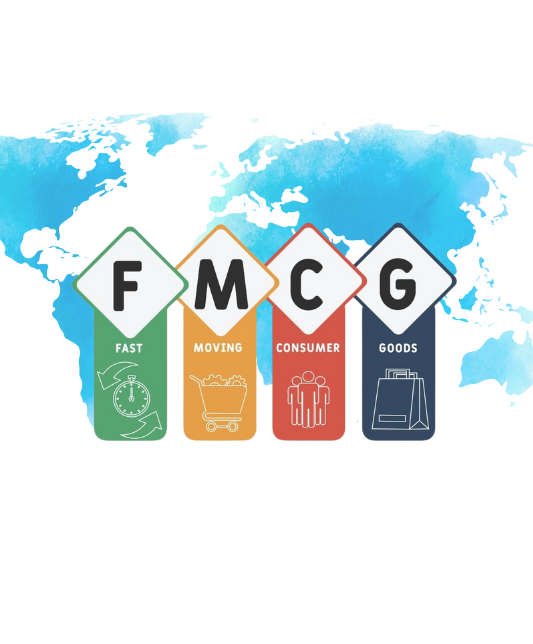FMCG
TeamOs Provides Superior FMCG Management Solutions for Success
The FMCG (Fast Moving Consumer Goods) industry can now achieve optimal workforce management with TeamOs’ advanced system. It simplifies tracking agents and staff, while maintaining comprehensive records of business operations with ease.
TeamOs delivers an exceptional retail distributor management system tailored for FMCG, ensuring smooth logistics tracking and management.

What problem facing tracking salesperson
Tracking sales personnel effectively in the Fast-Moving Consumer Goods (FMCG) industry can be particularly challenging due to several factors inherent in the sector’s nature and operations. Here are some of the key issues companies face in managing and monitoring their sales force:
Geographic Dispersion
Sales teams in FMCG companies often cover wide and sometimes remote geographical areas. Tracking the movements and productivity of sales personnel spread across different regions can be logistically challenging and costly.
High Volume, Low Margin
FMCG products typically have high turnover rates but low-profit margins. Sales representatives need to make many visits and achieve high sales volumes to meet targets, making it difficult to monitor and assess individual performance effectively.
Dependency on Retail Relationships
FMCG sales heavily rely on building and maintaining good relationships with retailers. Tracking how effectively sales personnel manage these relationships and how they translate into sales performance is not straightforward.
Data Collection and Accuracy
Collecting accurate and timely data from sales visits can be problematic, especially if relying on manual methods. Sales reps might not always record data correctly, or they might omit important details about their sales or customer interactions.
Technology Adoption
While technology solutions like CRM (Customer Relationship Management) systems and mobile tracking apps exist, resistance to technology adoption among sales staff, or a lack of training in how to use these tools effectively, can hinder tracking efforts.
Incentive Misalignment
Sales incentives that do not align with company goals can lead to undesirable behaviors, such as prioritizing short-term sales over long-term customer relationships or brand reputation. Tracking and modifying these incentives to ensure alignment with broader business objectives is a challenge.
Performance Metrics
Determining the right metrics to track sales performance is critical but difficult. Metrics must capture both quantity (e.g., number of visits, sales volume) and quality (e.g., customer satisfaction, retention rates) of sales activities.
Compliance and Ethical Issues
Ensuring that sales methods comply with legal and ethical standards is crucial, especially in competitive markets. Tracking and ensuring compliance without constant direct supervision can be challenging.
How to solve those problems
Implementation of Mobile Tracking Solutions
Utilizing GPS-enabled devices and apps to monitor the real-time locations of sales personnel. This helps in ensuring that sales representatives are visiting the planned routes and stores.
Advanced CRM Systems
Deploying sophisticated Customer Relationship Management (CRM) systems that can track all interactions with customers, store valuable data, and analyze this data to provide actionable insights. This assists in evaluating the effectiveness of individual sales personnel.
Automated Reporting Tools
Implementing tools that automatically generate reports based on real-time data. This reduces the reliance on manual data entry and increases the accuracy and timeliness of reports regarding sales activities.
Training and Development
Regularly providing training to sales teams on the best practices for sales, use of technology, and data reporting. This helps in reducing resistance to new technologies and ensures effective use of deployed tools.
Performance Management Software
Using software that can measure and analyze performance against key performance indicators (KPIs). This allows managers to set clear targets, track performance in real-time, and provide timely feedback.
Incentive and Reward Systems
Designing incentive programs that align with company goals, such as rewarding not just sales volume but also customer satisfaction and retention. This ensures that sales strategies contribute to long-term business objectives.
Ethical Standards and Compliance Monitoring
Incorporating compliance tracking into the sales operations systems to ensure that all activities adhere to legal and ethical standards. This might include features that alert managers to potentially unethical sales practices or deviations from set protocols.
Integration Capabilities
Ensuring that the Team OS can integrate seamlessly with other systems used by the company, such as supply chain management and enterprise resource planning (ERP) systems, to provide a holistic view of the business operations.
